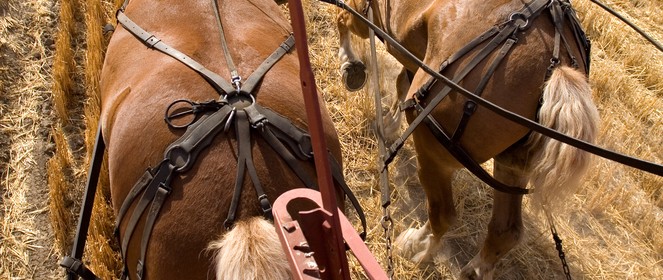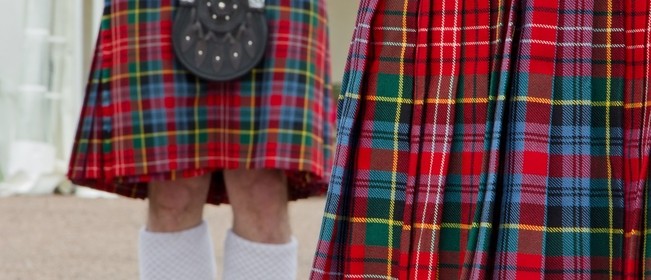The Origins of the Names of the 50 U.S. States
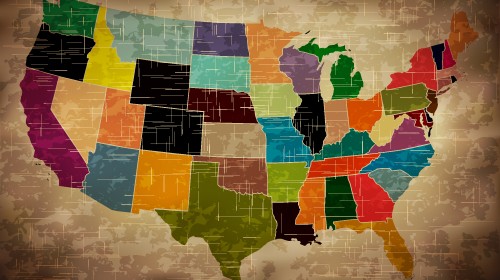
Today I found out the origins of all 50 U.S. state names. Alabama This southern state was named for the Native American tribe that lived there when the European settlers showed up. In their own language, they were called the Albaamaha. It’s likely that this name means something along the lines of “plant gatherers,” though this isn’t known for sure. […]
Read more

 In its various incarnations, the F-word can be a noun, verb, adjective, and even an infix. The Crescent wrench of the English language, the F-bomb […]
In its various incarnations, the F-word can be a noun, verb, adjective, and even an infix. The Crescent wrench of the English language, the F-bomb […]
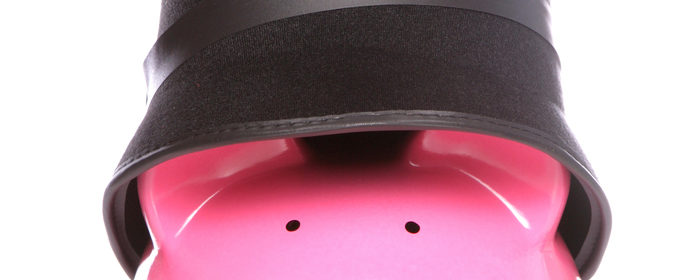

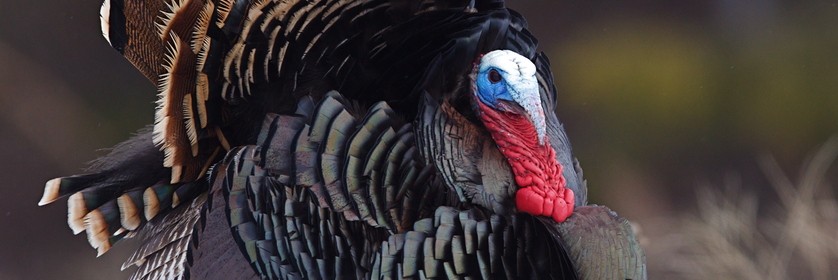

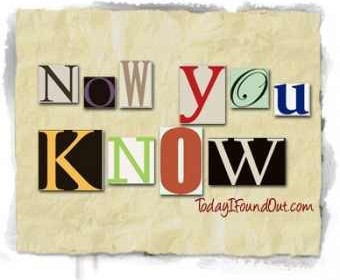





 In this case, the pertinent […]
In this case, the pertinent […]


